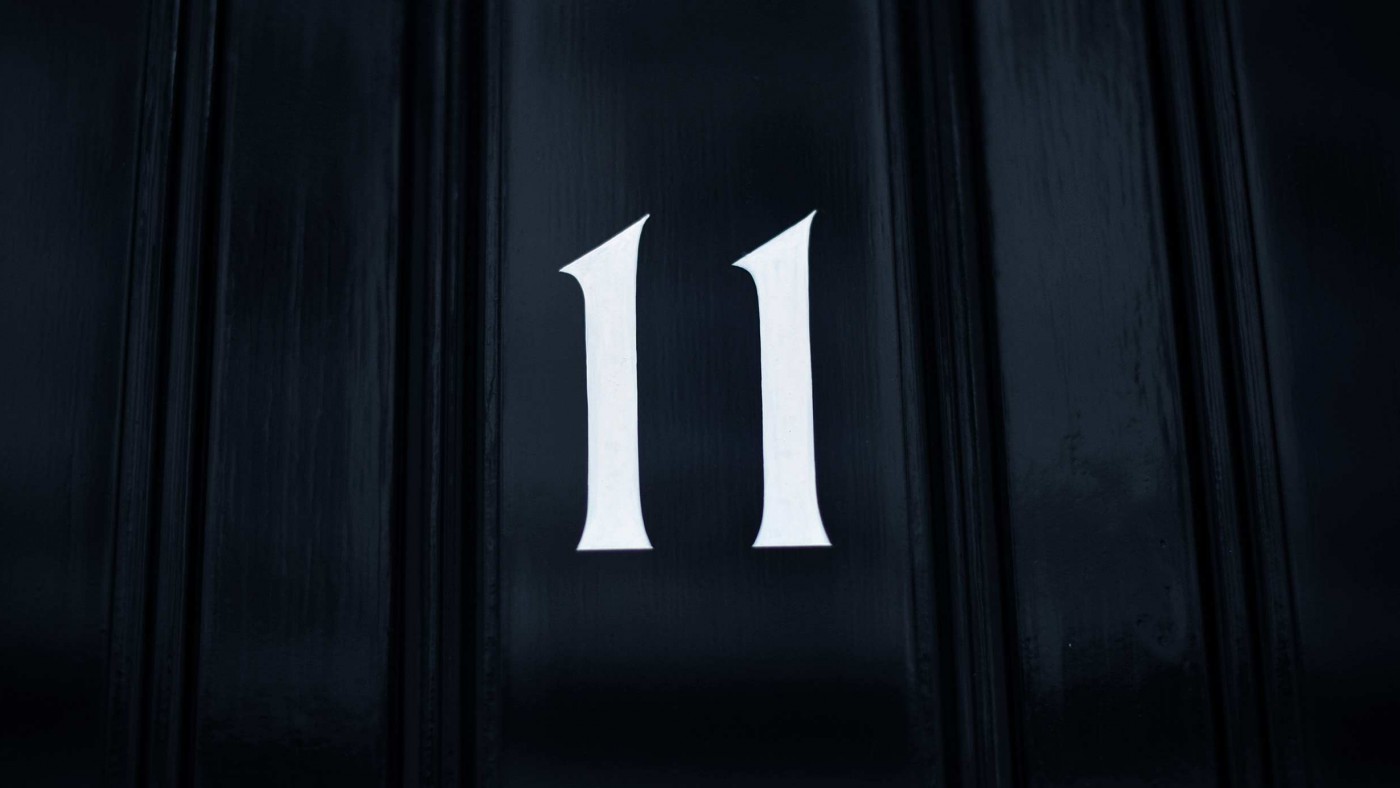In Britain, we live in very uncertain political times. It is hard to recall a more open general election contest in most of our lifetimes than that which will take place in 58 days’ time. With virtually no serious observer predicting anything but a hung parliament, there’s more chance of accurately predicting tomorrow night’s lottery numbers than correctly forecasting the composition of the government which will be formed after polling day.
But even if any of the parties were to win a thumping majority, we remain in the dark about what each of them would do about the abiding challenge of our time: the fact that, as Liam Byrne so elegantly put it in his note to his successor at the Treasury, there’s no money left.
Five years ago, when the Coalition took office, the UK government was running a £153 billion annual deficit.
Granted, this situation was one which was inherited after former Chancellor and Prime Minister Gordon Brown’s decade-long spending binge, but Messrs Cameron and Osborne told us then that they would have balanced the books and eradicated that deficit by now. Yet this year the government is still spending an eye-watering £91 billion more than it has raised in revenue.
Labour leader Ed Miliband was rightly pilloried for forgetting the deficit in his speech at last year’s Labour Party Conference. But, in truth, not one of the party leaders has really paid more than lip service to this gravest of issues. They may be pledging to balance the books, but they’re not offering the slightest detail about what that would mean.
I daresay many party strategists are advising their respective parties to keep quiet because austerity isn’t a vote winner.
The public, however, are rarely given enough credit by Westminster. In the polling published by the Tory grandee Lord Ashcroft last week, he found no less than 42% of people agreeing that “we will need to continue with austerity and cuts in government spending over the next five years”. Significantly, the figure rose to 49% among the over-65s, whose propensity to vote is of course so much higher.
So when politicians say they’re going to get Britain’s finances back in order and then offer a cut in tuition fees or continued goodies even for the wealthiest pensioners, they’re not just being disingenuous but downright insulting to the people who pay their salaries.
Today the TaxPayers’ Alliance have published The Spending Plan, a landmark research project showing the public what ‘balancing the books’ will actually entail.
It means reducing the welfare cap to £20,000, and abolishing universal pensioner benefits. It also involves more fundamental reform of Whitehall, merging certain departments and seriously thinking about what role government should play, and what functions it should retain. Scrapping the pupil premium, getting rid of middle-class welfare like ‘tax-free’ childcare, moving to local pay bargaining in the public sector to get the pay bill under control are all on the table. We need to devolve spending power in Britain to local authorities, revolutionising decision making power in what is one of the world’s most centralised states, but ask them to raise the cash from local residents themselves.
Thanks to the spurious Charter for Budget Responsibility which passed into law earlier this year, all the parties have committed themselves to eliminating the deficit by 2020-21. This is of course something that we should all welcome.
But my challenge to them is to explain – before we go to the polls – what that means in specific terms. In particular, Ed Miliband’s current policy that he’ll wait on ‘specifics’ until after the election is, frankly, ludicrous. If we can do it, a party which is handed in the region of £7 million a year in taxpayers’ cash should be able to do it too.
Now of course the Spending Plan is no substitute for a real long-term economic plan that addresses three key issues – namely planning, pensions, and sustaining the NHS with the UK’s ageing population. The paucity of ambition in reforming all three of those systems isn’t just ignoring the elephant in the room, but whistling Dixie while Dumbo tears the plaster off the wall.
And if any party rejects our plan, it will be incumbent on them to tell us what they would do instead. Where’s the alternative?
Getting spending under control is vital if we are to eradicate the deficit and start paying off the colossal national debt. But it should be part of a bigger strategy which would mean lower taxes for families across Britain, less debt for future generations and faster economic growth, generating prosperity for all.
There is a compelling vision in that argument: of a successful Britain succeeding in a global world, one that would allow people to look fifteen or fifty years down the line with some confidence that we aren’t sleepwalking into a fiscal crisis. Balancing the books is vital if we want to have a chance of keeping our place at the global top table by the end of the 21st century.
Instead of that optimism, both Mr Cameron and Mr Miliband seem to have developed an electoral strategy that relies on convincing enough people that the other lot are worse. The online attack adverts, which have all the subtlety and nuance of a left hook, are negative enough to make even the most obsessive of political nerds want to hibernate until 8 May. Smart politics, perhaps – but not very inspiring.
I was once told that nobody over the age of eight should use the word ‘fair.’ But it simply isn’t fair for politicians to tout their capability for making tough choices, but not tell anyone what they are.


